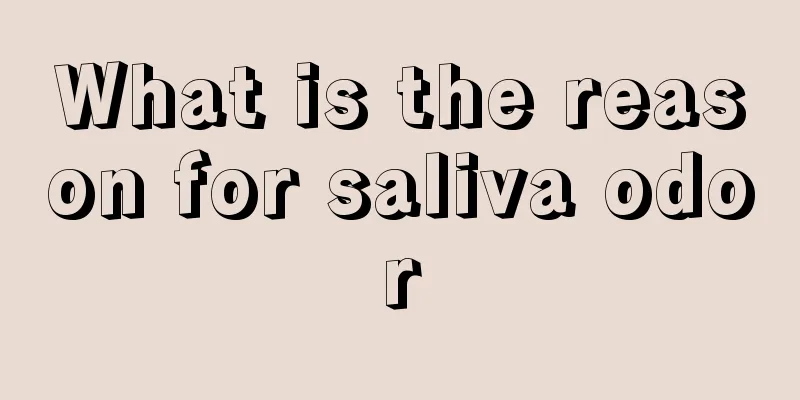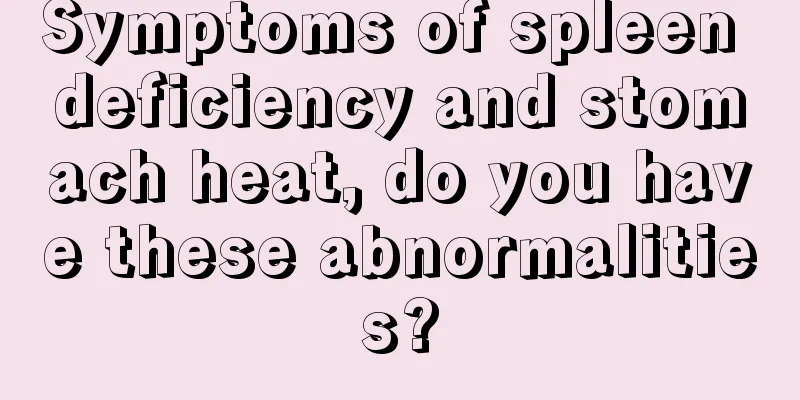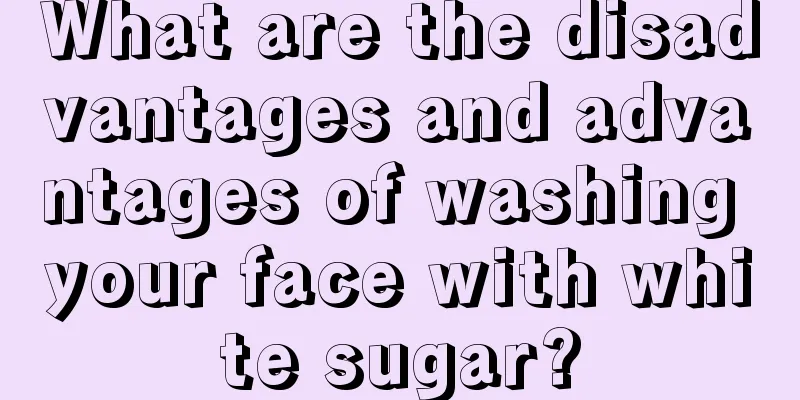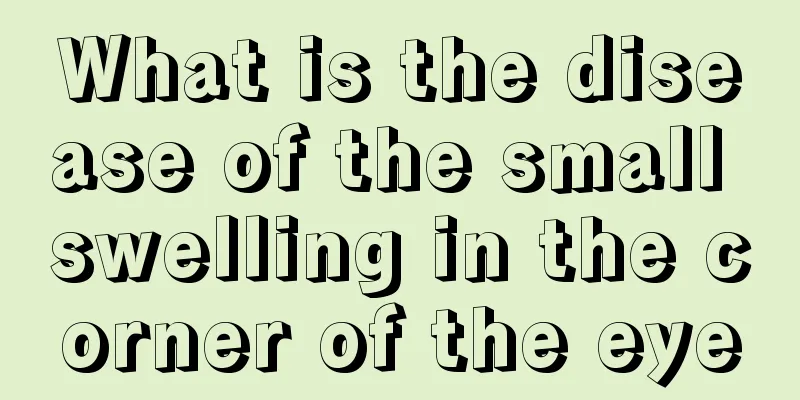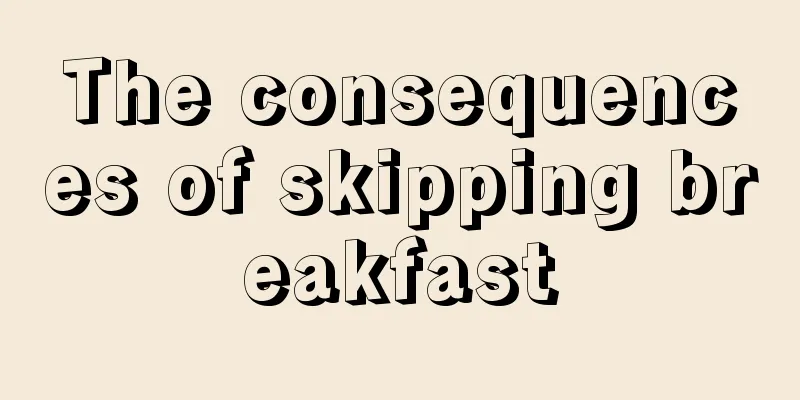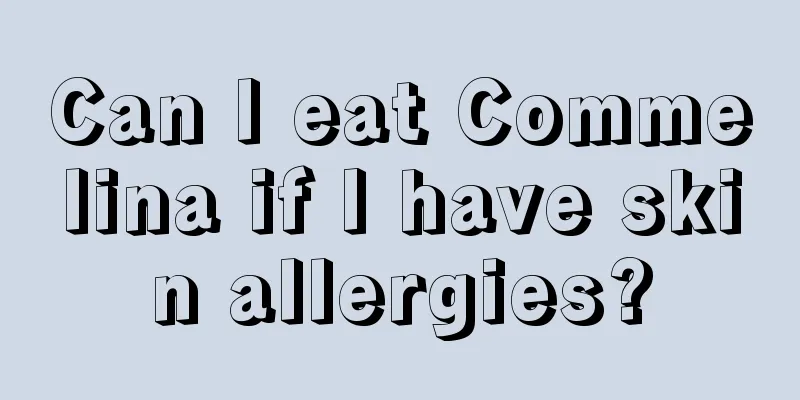What are the sequelae of high fever convulsions

|
If a child has a high fever and convulsions, parents need to pay attention to it, because if it is not dealt with promptly and effectively, it will pose a greater threat to the child. Therefore, you must pay attention to it and deal with your baby's high fever correctly and reduce the temperature scientifically. 1. Febrile convulsion is a common emergency in young children, with an incidence rate of 3% to 5%. It is often accompanied by a rise in body temperature, and the child suddenly begins to tremble, twitch, and clench his teeth. In pediatric emergencies, we often see parents who send their children to the hospital because of high fever and convulsions. They are panic-stricken and even incoherent. They are so sad that "all they can do is cry", but it is difficult for them to think of giving their children any first aid before sending them to the hospital. Parents, if you see your child having a febrile convulsion, you must stay calm as much as possible, take good care of your child while calling 120, and take the following measures before the ambulance arrives to relieve your child's discomfort as much as possible. 2. Lay the child flat on his back with his head tilted to one side. When a child has a convulsion, his or her teeth will be clenched, and some will have oral secretions and may even vomit. The child should tilt his or her head to one side to allow drainage and avoid suffocation by aspiration. Parents can loosen their children's collars slightly to allow them to breathe freely, while pressing the Hegu and Renzhong acupoints. 3. In addition, if the child does not have obvious chills when having a fever, there is no need to keep him overwarmed. Appropriate exposure can also increase heat dissipation. If the body temperature is rising and the child has chills, he or she can be kept warm appropriately. Parents can also give their children some physical cooling, such as sponge baths or head cooling. 4. In addition, children are prone to biting their tongues when their teeth are clenched. At this time, if you can insert the back of a spoon, tongue depressor, etc. into the child's mouth, it can play a protective role. However, if the child's teeth are closed very tightly, this measure should not be forced, otherwise it may cause damage. Director Qu Dong suggested that families with children with a history of convulsions could prepare some medical tongue depressors just in case. When a child has a convulsion, it is forbidden to give him medicine as it may cause accidental aspiration. |
<<: How to remove tongue coating and bad breath, one method can solve it
>>: What causes frequent blushing
Recommend
My back feels especially cold after sweating in summer
Sweating in the summer is a very normal phenomeno...
What should I do if my stomach becomes larger and bulges out?
Nowadays, people have great pressure in life and ...
Acupuncture points for treating urinary incontinence
There are many acupoints on the body, and each ac...
What are the dangers of not treating pharyngitis for a long time?
People always pay attention to physical health. T...
To “relieve heat”, first clarify what “heat” is
There are many reasons for getting angry. For exa...
Why open the eyes?
Canthoplasty is a relatively popular micro-plasti...
How should patients with advanced liver cancer arrange their diet? The diet for advanced liver cancer should follow three principles
Speaking of liver cancer, many people will be afr...
Ways to relieve eye fatigue
Working or studying in front of a computer for a ...
How to get rid of garlic smell in mouth
Garlic is a very common vegetable in our daily li...
How long can salad be kept
Cold dishes are a type of dish that is relatively...
Is sandalwood good for hair?
The combs we usually use to comb our hair are mad...
Can cerebral palsy be cured
Cerebral palsy is a very common disease. This typ...
What are the nursing measures for patients with thyroid cancer?
What are the nursing measures for patients with t...
How to treat anal itching? It turns out to be like this
Many people have experienced anal itching, which ...
How to treat adults' itchy throat and cough
If infants and young children have coughs and itc...


